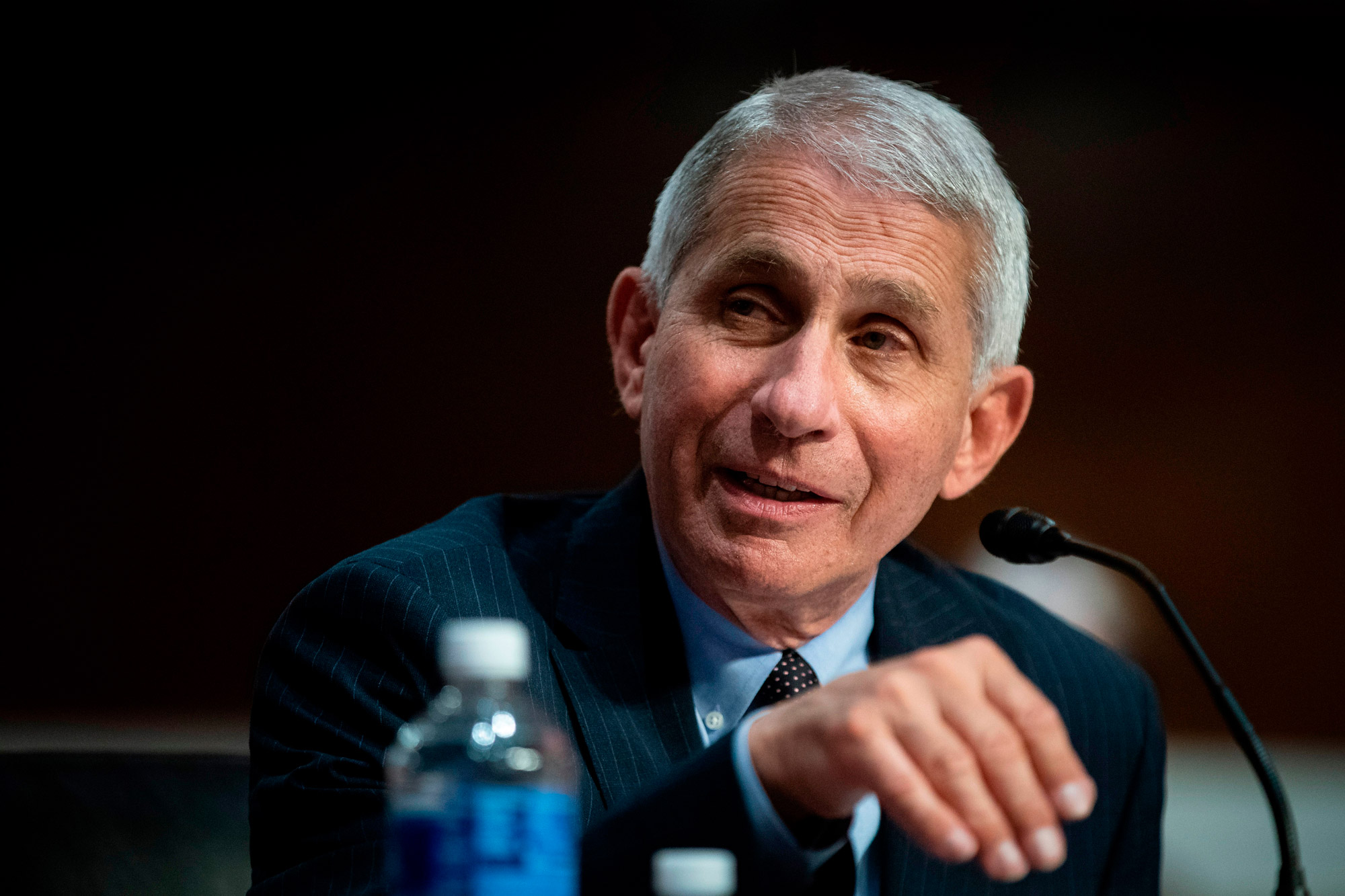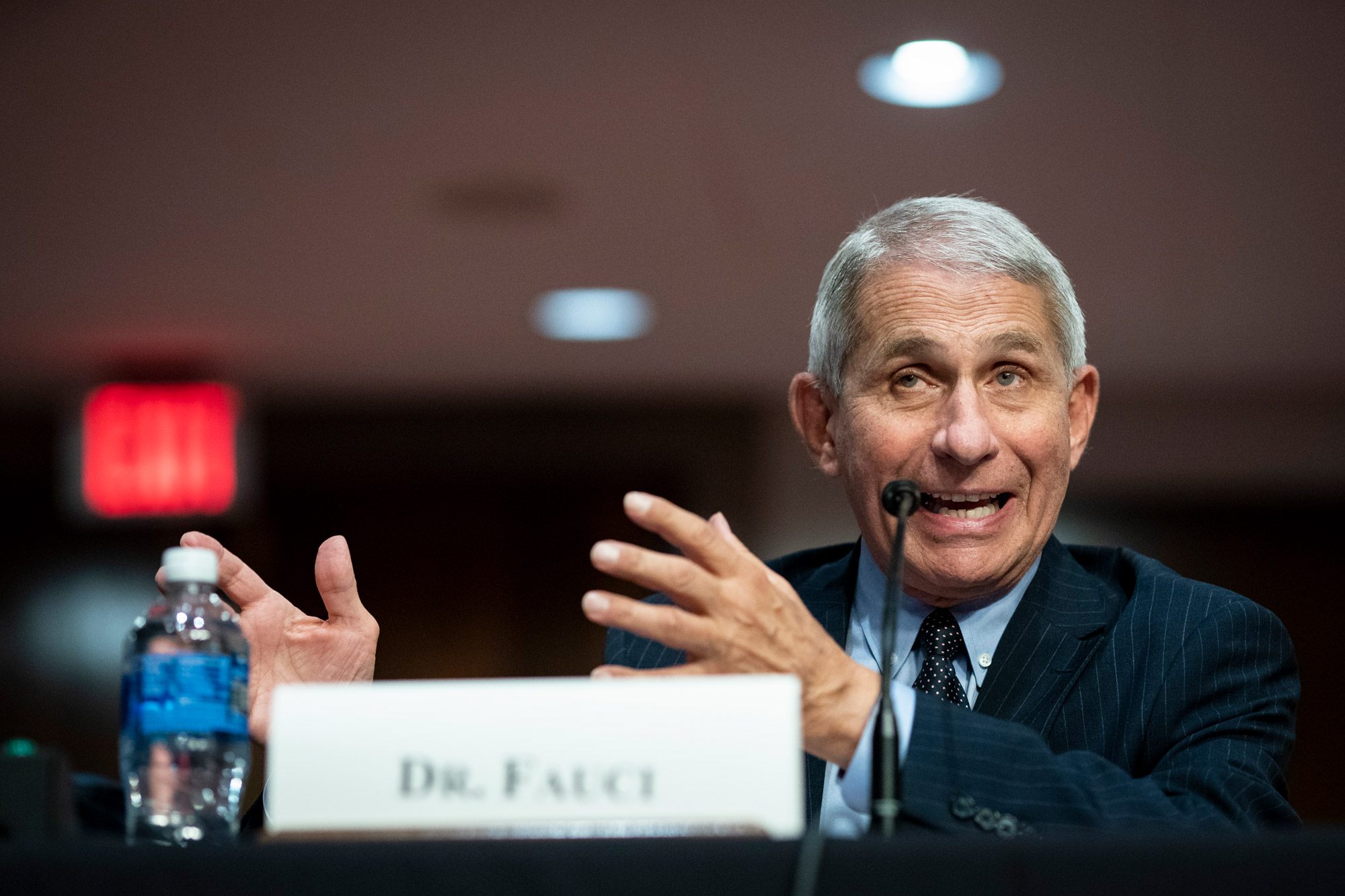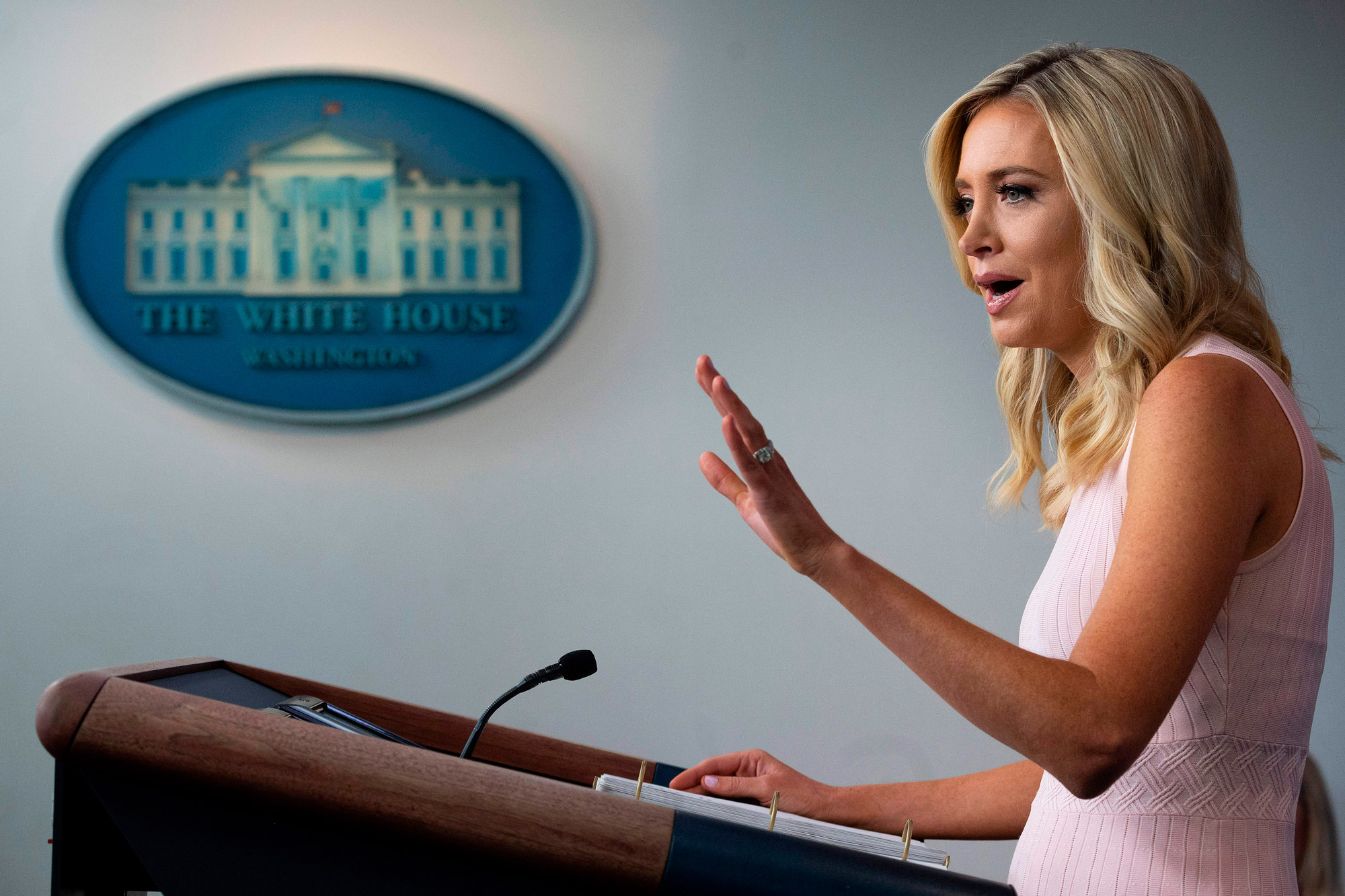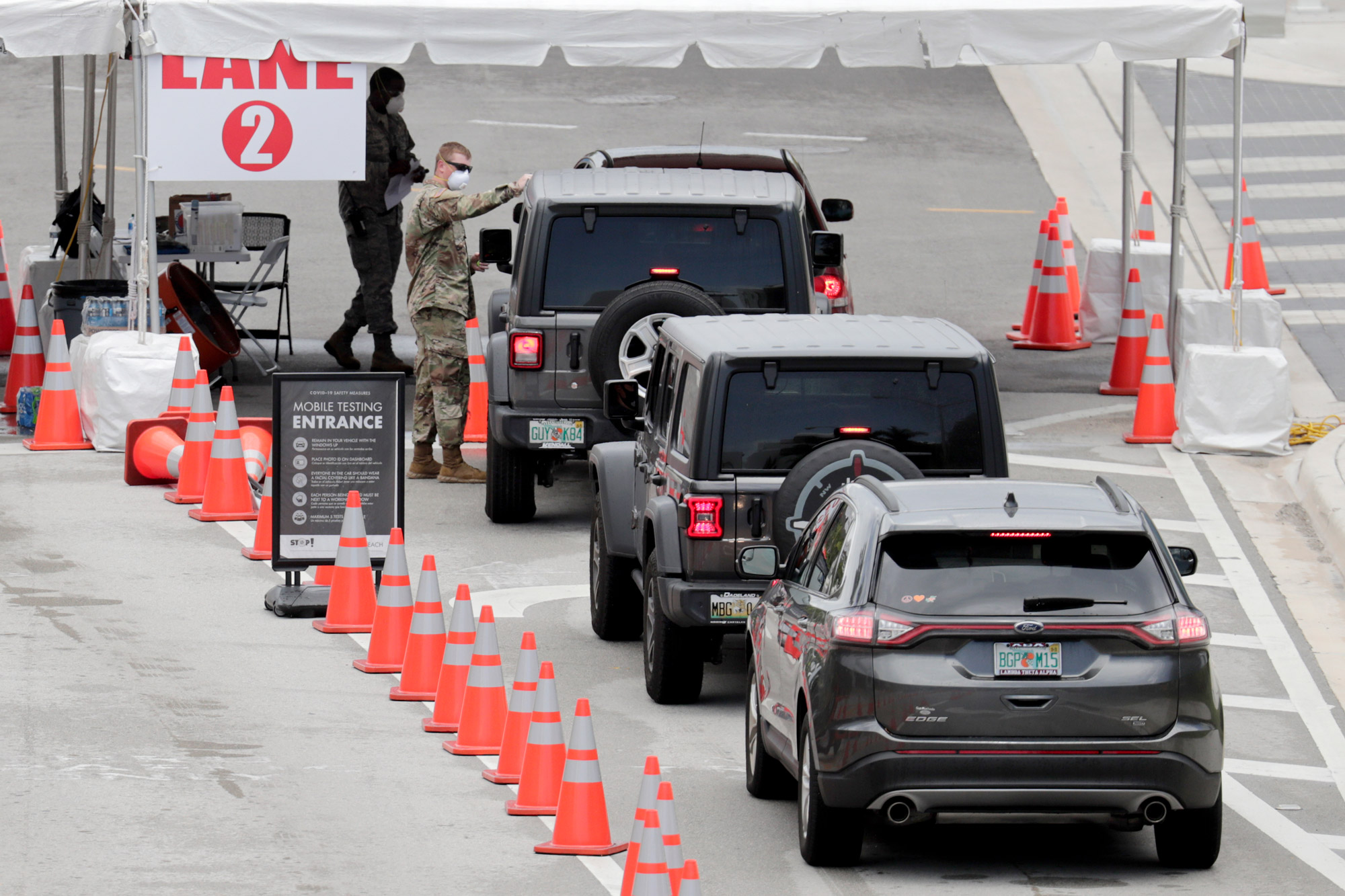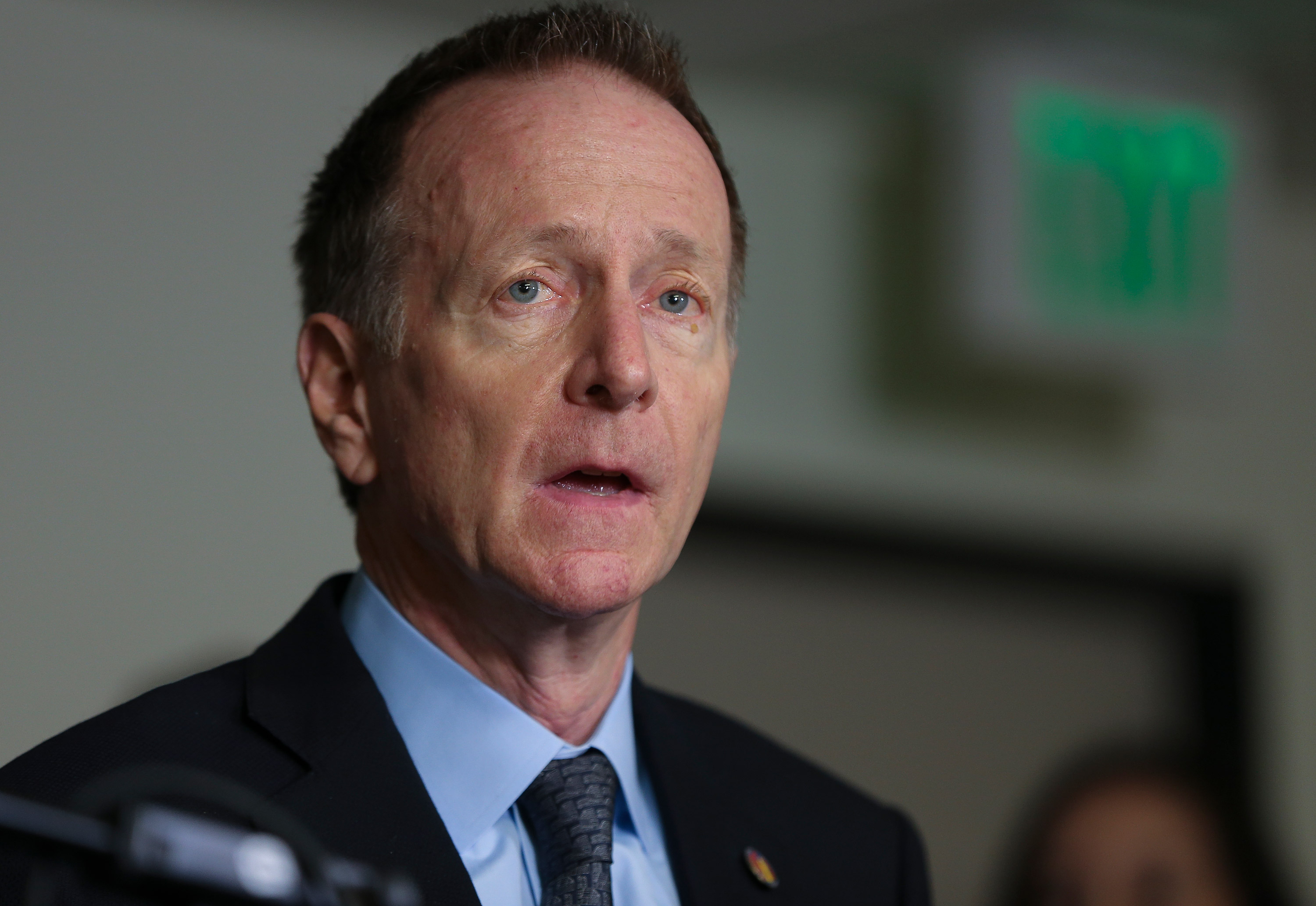
The Los Angeles Unified School District in California will “not begin with students at school facilities,” LAUSD Superintendent Austin Beutner said this morning.
“The health and safety of all in the school community is not something we can compromise,” Beutner said.
LAUSD is the second largest district in the nation and serves over 600,000 students in grades K-12.
The San Diego Unified School District, in coordination with LAUSD, will also start the school year online only.
K-12 students at SDUSD will return to school, though not in-person, on August 31.
“Both districts will continue planning for a return to in-person learning during the 2020-21 academic year, as soon as public health conditions allow,” according to the joint statement.
SDUSD is the second largest district in the state.
Some background: On Friday, United Teachers of Los Angeles (UTLA), the union representing teachers, said 83% of 18,000 members polled said schools should not physically reopen on August 18, the first day of school for LAUSD.
LAUSD and UTLA have another bargaining session this week.
